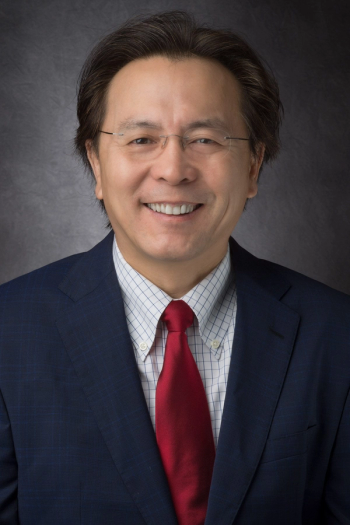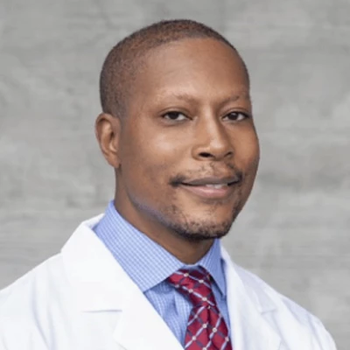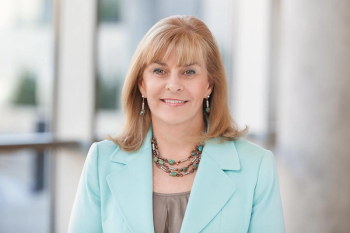
Oncology NEWS International
- Oncology NEWS International Vol 8 No 2
- Volume 8
- Issue 2
High-Dose Chemo With GM-CSF May Help in Advanced Hodgkin’s Disease
DUISBERG, Germany-High-dose chemotherapy (with colony stimulating factor support) significantly increased complete remission rates in advanced Hodgkin’s disease in a German randomized trial reported by Heinrich Gerhartz, MD, at the annual meeting of the American Society of Hematology.
DUISBERG, GermanyHigh-dose chemotherapy (with colony stimulating factor support) significantly increased complete remission rates in advanced Hodgkins disease in a German randomized trial reported by Heinrich Gerhartz, MD, at the annual meeting of the American Society of Hematology.
Dr. Gerhartz and his colleagues compared four double cycles of COPP/ABVD as a control arm with dose- and time-escalated COPP/ABVD supported by 7 days of GM-CSF. The dose intensity (calculated by the Hryniuk method) was 1.24 on the escalated arm vs 0.93 on the control arm (P < .0001).
The trial enrolled 264 patients (238 evaluable). Eligibility criteria included advanced Hodgkins disease of Ann Arbor stage IIB to IV. Stage IIB patients were eligible if at least one poor prognostic factor was present (large residual disease, ESR greater than 50, or LDH greater than 240).
75% Completed All Cycles
Age ranged from 17 to 71 years (mean, 37), and 64% of patients were male. By stage, 21% were stage IIB, 51% stage III, and 28% stage IV. Patients were randomized to either the standard regimen or the intensified regimen (see Table for regimen specifics). The COPP/ABVD sequence was given four times. Dr. Gerhartz said that 182 patients (75%) completed all cycles, while 62 (25%) stopped or switched treatment earlier.
The intensified regimen increased the complete remission rate from 65% to 81% (P = .003), apparently by converting more partial remissions to complete responses (25% partial remissions among controls, compared with 16% in the dose-escalated group). The intensified regimen also decreased disease progressions from 7.6% to 1.7%. Responses did not vary with disease stage.
As expected, the intensified regimen caused more adverse effects, even with GM-CSF support. Dr. Gerhartz reported that infectious complications occurred in 53% of controls and 62% of the intensified group, with grade 3 and grade 4 infections occurring in five and nine patients, respectively.
Other adverse events were equally distributed, with the exception of musculoskeletal pain, rash, skin disorders, and headache, which occurred more often in the intensified arm, probably due to GM-CSF.
The researchers concluded that an intensified GM-CSF-supported COPP/ABVD regimen can be administered with acceptable toxicity and improved response rate in advanced Hodgkins disease.
Dr. Gerhartz said in an interview that using the intensified regimen requires care but that it could be used by an experienced oncologist.
Improvement of the response rate was as predicted, Dr. Gerhartz said, but improvement of survival still has to be shown. He added, These results also raise the question of whether further increasing dose intensity would aid even more patients and whether radiotherapy is still necessary.
Articles in this issue
about 27 years ago
Paclitaxel Plus Mitoxantrone for Poor-Prognosis Breast Cancerabout 27 years ago
Pros and Cons of Different Approaches to Chemoradiationabout 27 years ago
Less Cardiotoxicity With Liposomal Doxorubicinabout 27 years ago
Doxorubicin Appears to Change Natural History of HER-2+ Cancer’sNewsletter
Stay up to date on recent advances in the multidisciplinary approach to cancer.











































